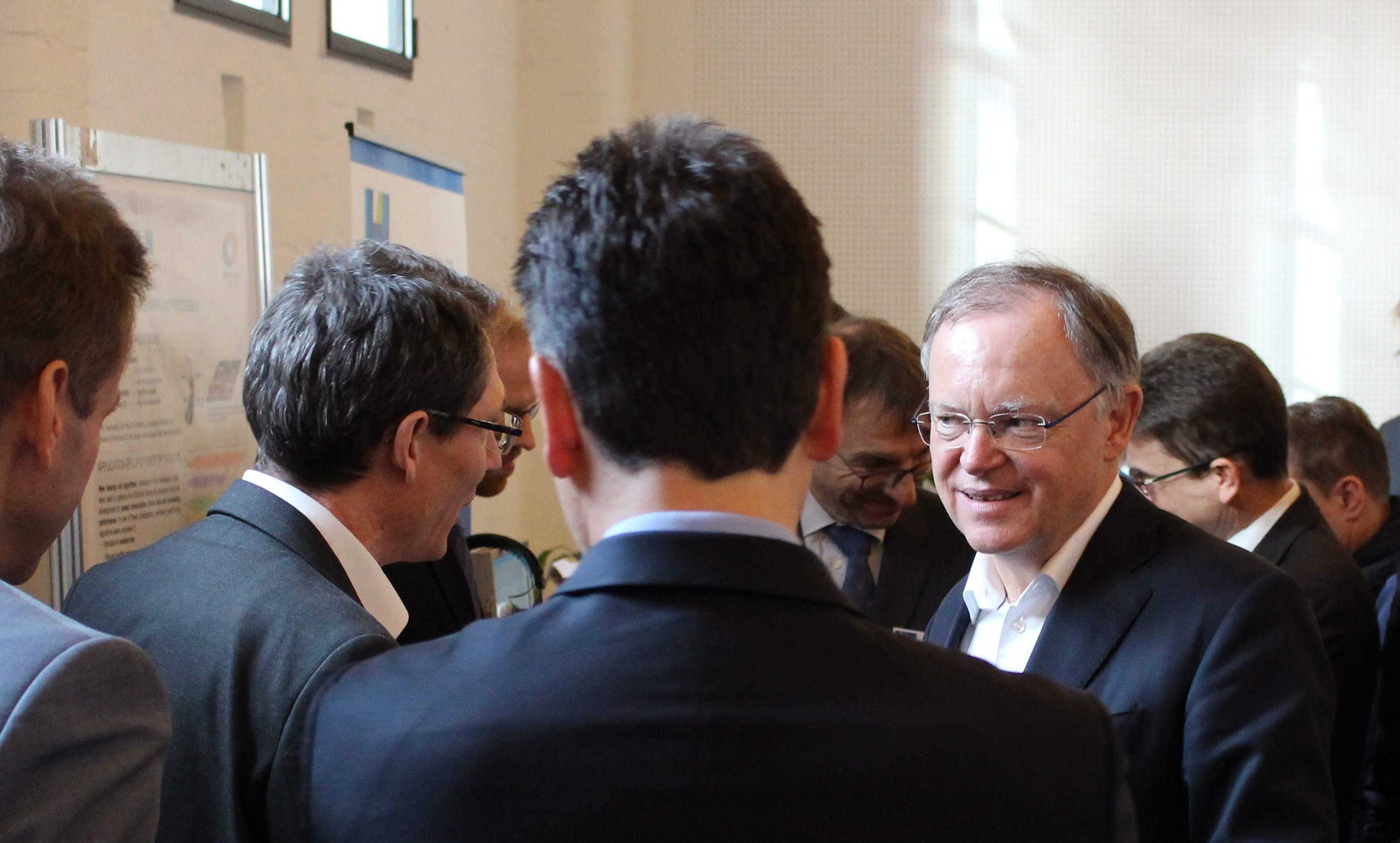Leibniz AI Lab - Experts of artificial intelligence come to Hannover
Prof. Dr. Illig is one of the project leader of the Leibniz KI Lab

The Federal Ministry of Education and Research has launched the "Future Lab" competition to bring researchers from all over the world to Germany to work together on artificial intelligence (AI). One of the three future labs funded is the Leibniz AI Lab, which will conduct research on AI for personalized medicine under the leadership of the Leibniz University Hannover (LUH) for 3 years.
The Leibniz AI Lab brings together five project leaders from Hannover: Prof. Dr. Wolfgang Nejdl (L3S Research Center, LUH), Prof. Dr. Bodo Rosenhahn (L3S Research Center, LUH), Prof. Dr. Sören Auer (Technical Information Library Hannover), Prof. Dr. Dr. Michael Marschollek (Peter L. Reichertz Institute for Medical Informatics) and Prof. Dr. Thomas Illig (Hannover Medical School). Within the project, they will be supported by eight artificial intelligence experts from Australia (Melbourne, Perth, Sidney), New Zealand (Wellington), Singapore (ADSC, NTU), India (Kharagpur) and California (Stanford) who will come to Hannover. In addition, 12 doctoral and post-doctoral positions are advertised worldwide to complete the team in Hannover.
The research of the Leibniz AI Lab focuses on new approaches and algorithms for intelligent, reliable and responsible systems. The interdisciplinary research team integrates a variety of approaches relevant for AI. Intelligence is enabled by knowledge graphs, deep learning, sensor fusion and scene interpretation, probabilistic methods and information extraction from the web. Reproducibility and robustness of the methods are as important as Privacy by Design. And finally, results of intelligent systems should be explainable, fair and attributable.
These intelligent systems are used to address medical questions. The focus is on precise diagnoses as well as individual therapy and medication. In this context, the Leibniz AI Lab is looking for projects on personalized medicine that benefit from AI support. Several project proposals have already been received from MHH and the Fraunhofer Institute for Toxicology and Experimental Medicine, which would like to be supported by the experts in the future.
more about the future lab here